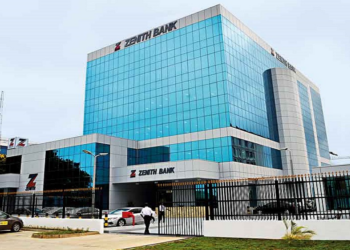Nigerian Stocks closed the week ended July 10 on a bearish note as the market closed -1.5%. The stock market traded for only two days out of a possible five due to the public holidays declared on Tuesday, Wednesday and Thursday. This was however the 4th straight day of losses for Nigerian Stocks and 6th loss in the last 7 days of trading.
Nigerian stocks had closed the month of June on a positive note as sentiments following the floating of the exchange rate drove up demand for stocks. The optimism started to wane when it became clear that foreign investors were not in a hurry to return to the market anytime soon. Nigeria is still in an economic mess with recession looming and a galloping inflation looking unlikely to end. The National Bureau of Statistics is set to release its inflation numbers this week and we believe inflation rate could trend above the current rate of 15.6%.
Militant attacks are also weighing negatively on crude oil production further denting hopes of government’s quest to improve declining revenues. These are all negative headwinds which doesn’t seem like clearing up anytime soon. There is also talk of a “rigged” exchange rate regime with businesses still unable to get their hands on forex despite the currency being floated. With all these headwinds, the hopes of attracting foreign investments in the stock market is increasingly fading away.
Another major concern is the financial state of commercial banks in Nigeria. Last week the Central Bank announced that the Chairman of the Board as well as CEO of Skye Bank had agreed to step down due to the bank’s low capital adequacy ratios. The bank is yet to release its 2015 full year results leading investors to worry about a contagion in the banking sector. The NSE Banking index closed at -2.6% last week as investors dumped banking stocks out of fear of a banking wide crisis.
Stanbic IBTC, FBNH, Zenith Bank and Unity Bank did post gains of 10%, 3.8%, 2% and 1.8% respectively. However this was overshadowed by the losses posted by Diamond Bank, Skye Bank, FCMB, Union Bank and Fidelity, with 9.4%, 8.9%, 9.4%, 4.9% and 4.8% respectively. Understandably these are mostly Tier 2 banks where investor concerns are mostly focussed on. The fear could still extend to Tier 1 banks leading to major sell-offs.
We believe these fears still persist and could weigh in on investor sentiments this week. All major indexes are also down this month further confirming our belief that the sell off could continue.
















